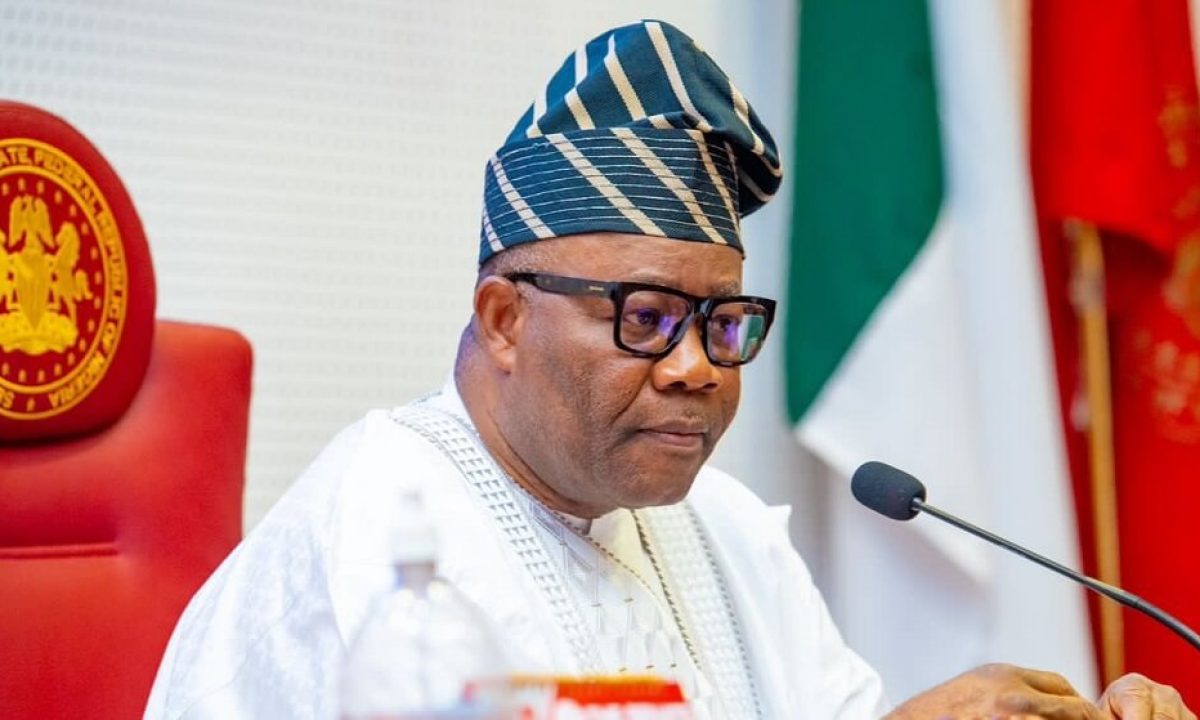The Nigeria Labour Congress has renewed its demand for stronger regulation of international ride-hailing firms, accusing Uber and Bolt of exploiting local drivers through high commissions, poor safety standards, and non-transparent fare structures.
The NLC, in collaboration with the Amalgamated Union of App-Based Transporters of Nigeria, issued the call at a press conference in Lagos on Thursday. The event followed a public hearing held last week by the Lagos State House of Assembly in response to a petition filed by AUATON with the NLC’s support.
“They collect up to 35 per cent commission per trip, offer no insurance, and show no concern when drivers are harmed or killed,” the chair of the NLC’s Lagos Chapter, Agnes Sessi, told a press conference. “It is a neo-colonial business model.”
Union leaders argued that while app-based transport platforms generate billions of naira in revenue from the Nigerian market, they fail to extend basic protections to the drivers who power their operations.
Testimonies presented at last week’s hearing included that of Biola Olabanji, the widow of a Bolt driver who was killed in April 2021. She told lawmakers the company never contacted the family following his murder.
A female passenger also recounted a violent assault she survived during a ride, blaming the platform’s inadequate background checks and emergency response system. AUATON further alleged that some platforms have deleted trip histories in such cases, hindering investigations.
“We are not just service providers; we are human beings with families,” AUATON Lagos Chairman, Comrade Jaiyesimi Azeez, said at the press conference. “The platforms must be held accountable for their role in safeguarding lives.”
The union challenged the perception that ride-hailing companies had created jobs in Nigeria. “We had jobs before the apps arrived,” Public Relations Officer of AUATON Lagos, Steven Iwindoye, said.
“We were conventional taxi drivers. They only brought software to our existing business model. We fuel our cars, service them, and manage customers. The platforms are just middlemen taking a cut.”
AUATON is demanding greater participation in fare-setting processes, arguing that app companies currently dictate prices without input from drivers, despite drivers bearing most of the operating costs. The union likened the current pricing system to “a landlord fixing the price of goods in a tenant’s shop.”
It called for the establishment of a joint fare review committee comprising driver representatives, platform operators, and government agencies to ensure that pricing reflects market realities and is fair to both drivers and riders.
“We understand that riders are also struggling in this economy,” the union said in a statement. “Fare setting should be transparent, reasonable, and sensitive to all parties.”
The Lagos State House of Assembly was commended for opening its doors to drivers’ concerns. The unions urged lawmakers to enact legislation that guarantees transparency, fair earnings, and improved safety standards in the e-hailing industry. They also advocated for the domestication of regional e-hailing regulations that reflect the specific conditions of Lagos.












